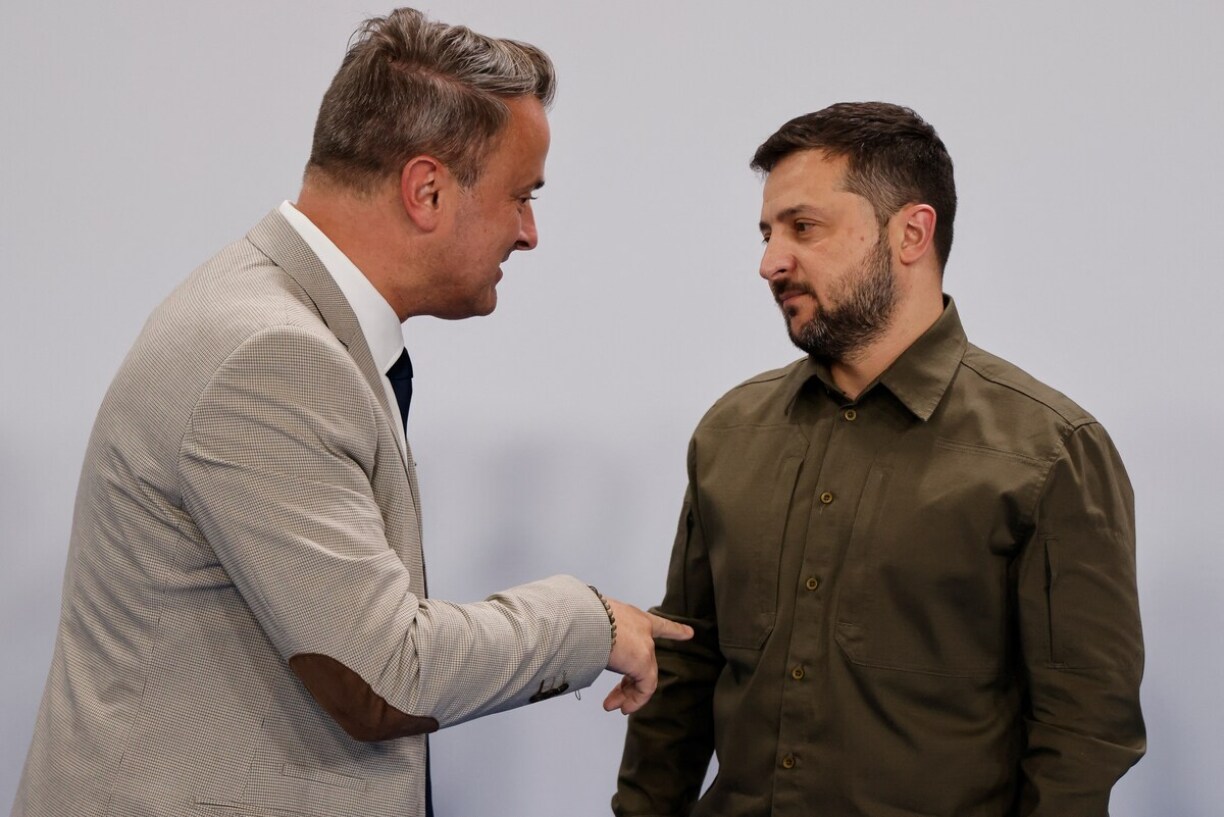
Leaders from the European Union and more than 20 other European countries have convened in Granada, southern Spain, to address a range of pressing issues currently affecting the European continent.
Among the primary concerns are the ongoing conflict in Ukraine, the refugee crisis, as well as simmering tensions between Serbia and Kosovo and between Azerbaijan and Armenia.
Central to the discussions is the presidency of Ukrainian President Volodymyr Zelenskyy and the critical issue of aid to Ukraine. The EU finds itself in a pivotal role, particularly as internal political turmoil in Washington raises questions about US military assistance.
Luxembourg’s Prime Minister, Xavier Bettel, stressed the importance of continuing support for Ukraine, drawing a historical parallel: “We ourselves know what it means [to have] a neighbour, a large country that believes it knows our destiny better than we do. At the time, we were liberated by the Americans, Canadians, and British. If we now believe we have nothing in common with Ukraine, we have forgotten our own history.”
However, concerns also exist regarding countries like Poland, Hungary, and, to some extent, Slovakia. Addressing these concerns, Bettel remarked, “We are currently shaping history, and whether they choose to align with the right side or not, and above all they must not forget their own past. They’re the ones who tell us how they suffered for a long time under the Communist regime. It’s imperative that they do not endorse actions that blatantly violate international law, because if they do, they too have forgotten their own history.”
On the agenda for the EU heads of state and government meeting, scheduled for Friday, is also the topic of future migration policy. Despite previous announcements, countries like Poland and Hungary remain sceptical on this issue. In addition, the contentious matter of EU expansion to encompass Ukraine, Eastern Europe, and the Balkans remains as delicate as ever.